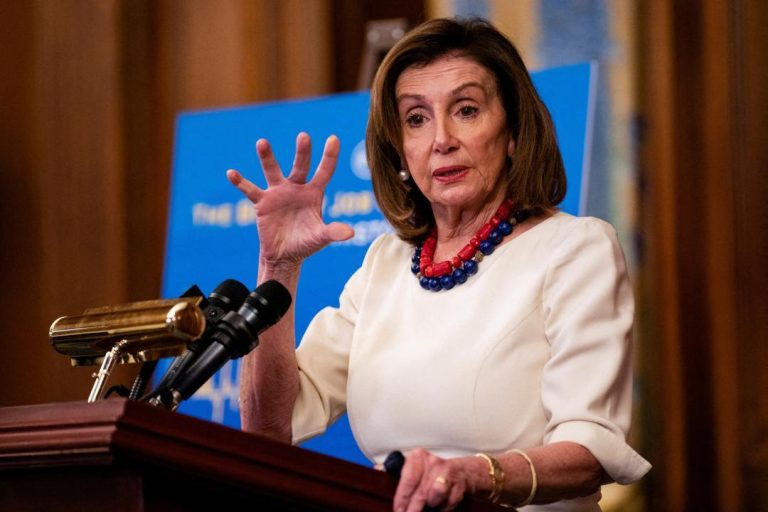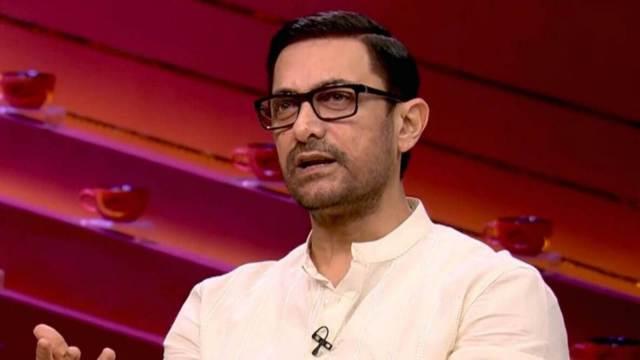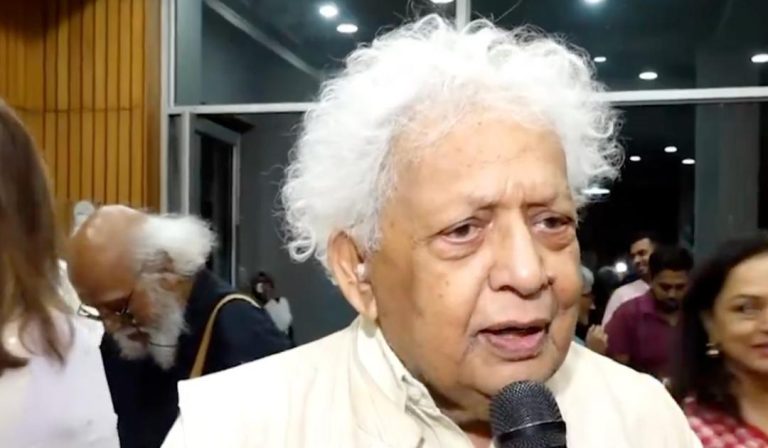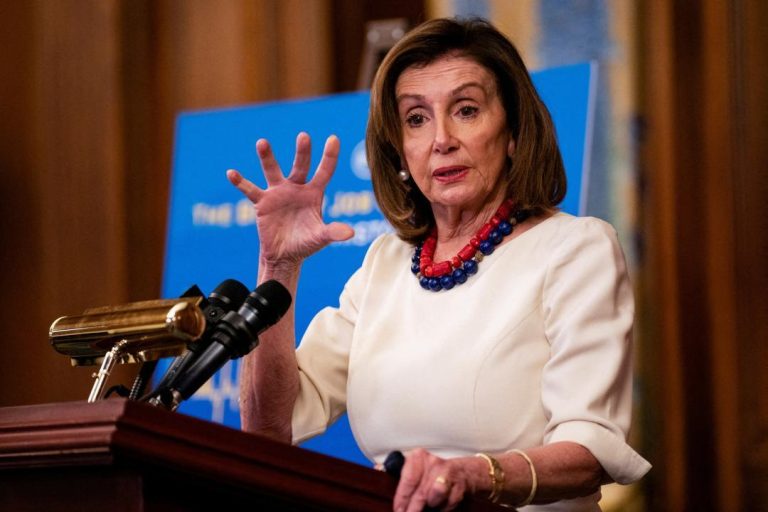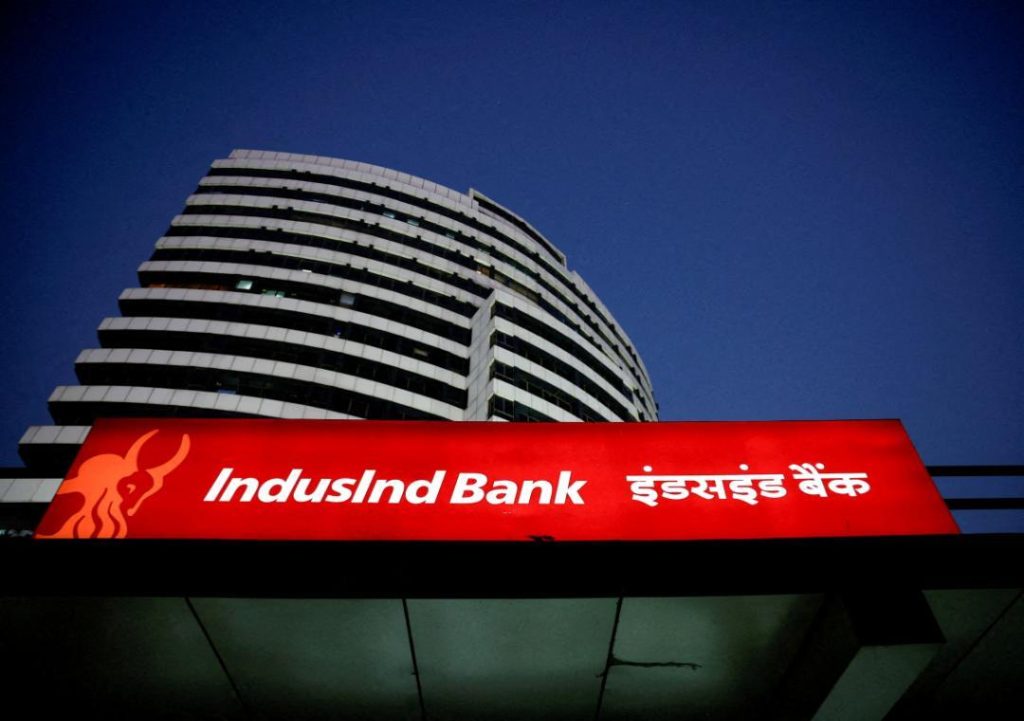
IndusInd Bank Asked CEO to Resign as RBI Sought Action on Discrepancies: Report
In a sudden turn of events, IndusInd Bank’s board has asked its CEO and Deputy CEO to resign, following a request from the Reserve Bank of India (RBI) to take action on the discrepancies related to the bank’s internal derivative trades. According to reports, the RBI has been seeking explanations from the bank on the matter, which has led to the resignation of CEO Sumant Kathpalia on April 29.
The news of the CEO’s resignation was shared by NDTV Profit India on Twitter, citing sources. The tweet stated that the bank’s board had asked the CEO and Deputy CEO to step down due to the RBI’s concerns over the bank’s internal derivative trades. The RBI has also reportedly given its nod to the bank’s plan to set up a “committee of executives” to ensure stability until a new CEO takes over.
For those who may not be familiar with the context, internal derivative trades refer to financial transactions that a bank enters into with its own derivatives desk, which can have a significant impact on the bank’s balance sheet. In the case of IndusInd Bank, the RBI’s concerns seem to have centered around the bank’s practices in this regard, which may have led to discrepancies in its financial reporting.
The RBI’s request for action on the matter is not surprising, given the regulator’s track record of cracking down on banks that engage in questionable practices. In recent years, the RBI has taken several measures to strengthen banking regulations, including introducing stricter norms for risk management and governance.
The sudden resignation of the CEO and Deputy CEO has sent shockwaves through the banking industry, with many analysts and investors left wondering about the implications for the bank’s operations and financial health. The bank’s shareholders are likely to be particularly concerned, given the significant impact that the CEO’s resignation could have on the bank’s stock price and overall performance.
In the short term, the bank’s plan to set up a “committee of executives” is likely to provide some stability and continuity, at least until a new CEO is appointed. The committee, which will comprise senior executives from the bank, is expected to oversee the day-to-day operations of the bank and ensure that business continues as usual.
However, the longer-term impact of the CEO’s resignation is likely to be more significant. The bank’s ability to attract and retain top talent will be critical in the coming months, as it seeks to rebuild trust with its stakeholders and restore confidence in its operations.
For the RBI, the developments at IndusInd Bank are likely to be a wake-up call, highlighting the need for more robust oversight and regulation of the banking sector. The regulator’s actions in this case are a testament to its commitment to ensuring the stability and integrity of the banking system.
As the situation unfolds, one thing is clear: the banking industry is in for a period of significant change and upheaval. The resignation of IndusInd Bank’s CEO is just the latest example of the challenges that banks face in today’s fast-paced and rapidly changing financial landscape.
Source: https://x.com/NDTVProfitIndia/status/1917228436424458645

